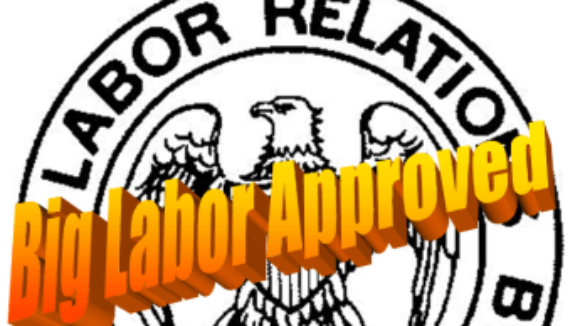“Right to Work” and “Ready to Work” in Iowa
In the May issue of Inside ALEC, Iowa State Rep. Dawn Pettengill explains the importance of Right To Work and state economic growth:
Through an executive order in July of 2000, Iowa’s Governor [Tom] Vilsack ordered the removal of all Right to Work references from the Department of Economic Development (IDED) website and brochures. [Vilsack is Barack Obama’s current Secretary of Agriculture.] Eleven years later, HF149 sailed through the Iowa House requiring IDED to include the phrase, “Iowa is a Right-to- Work State” in BOLD letters on all business recruitment and promotional literature and their website.
Today, although the bill stalled in the Senate, the Iowa Department of Economic Development’s webpage “Why Iowa?” proudly announces Iowa as a Right to Work state. The “Business Advantages” page showcases Iowa’s Right to Work at the top of the list of reasons for a business to bring their commerce to our state.
Whether you are a business or an individual, the rights of workers and employers are every bit as important as tax implications, a skilled workforce and a great quality of life when making that location decision.
According to the National Institute for Labor Relations Research, Right To Work (RTW) states benefit from faster growth and higher purchasing power than non- Right To Work. Their November 2010 report shows significantly higher percentages in the growth of nonfarm private sector employees, real manufacturing GDP, real personal income, disposable personal income, value added per production worker, housing starts, the number of bachelor degrees attained and people covered by employment based and private health insurance.

